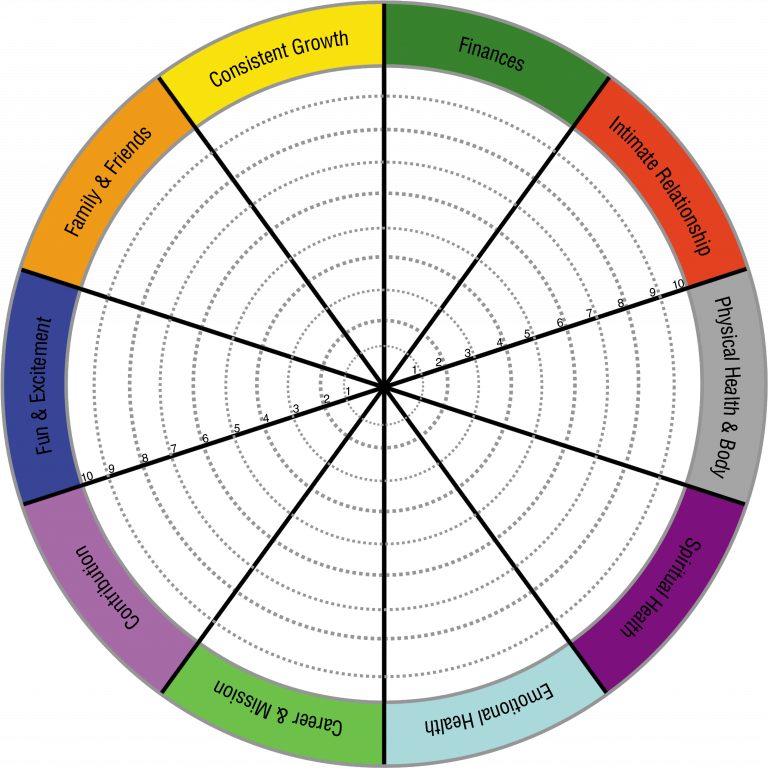In relationships, self-sabotage behavior stems from fear, past traumas, or limiting beliefs about worthiness and love. Christina Steinhoff points out that self-sabotage in relationships in Dubai often becomes more pronounced in the city’s fast-paced environment, where stress and societal pressures amplify insecurities.
Common signs of self-sabotage include:
- Overanalyzing your partner’s actions.
- Avoiding intimacy or emotional vulnerability.
- Starting conflicts to test your partner’s commitment.
- Dismissing genuine affection as insincere.
Why Do We Push Love Away?
Fear of Vulnerability
Allowing someone to see your true self can feel intimidating. Christina Steinhoff explains that many individuals fear rejection or judgment, so they shield themselves by keeping others at a distance.
Practice small acts of vulnerability, such as sharing your thoughts or feelings.
Unhealed Past Trauma
Past experiences, such as betrayal or abandonment, create emotional wounds that can resurface in new relationships. These unresolved issues lead to behaviors that protect you from perceived harm but also block meaningful connections.
Seek support from a therapist or life coach to process and heal unresolved pain. Professional guidance helps break the cycle of self-sabotage in relationships in Dubai.
Low Self-Worth
Believing you don’t deserve love often causes you to sabotage relationships unconsciously. Christina Steinhoff highlights that negative self-talk reinforces doubts about your value, leading to actions that undermine your partner’s affection.
The Impact of Dubai’s Lifestyle on Relationships
Dubai’s dynamic environment, with its high expectations and fast-paced living, can amplify the challenges of maintaining healthy relationships. Christina Steinhoff observes that the constant pressure to succeed professionally and socially often leaves little time for emotional introspection, exacerbating self-sabotaging tendencies.
Carve out time for self-reflection and meaningful conversations. A balanced lifestyle promotes emotional well-being and reduces the urge to self-sabotage.
Breaking the Cycle of Self-Sabotage
Identify Triggers
Recognize the situations or emotions that prompt self-sabotaging behavior. For example, does your fear of being abandoned cause you to overreact to small disagreements?
Keep a journal to track recurring patterns and triggers. Awareness is essential for implementing change.
Communicate Openly
Honest communication fosters trust and reduces misunderstandings. Share your fears and insecurities with your partner rather than acting on them impulsively.
Use “I” statements, such as “I feel anxious when…” to express your feelings without assigning blame.
Prioritize Personal Growth
Engaging in personal development activities, such as mindfulness, coaching, or therapy, strengthens your ability to nurture healthy relationships. Christina Steinhoff emphasizes the importance of self-awareness in overcoming self-sabotage in relationships in Dubai.
Dedicate time to self-care practices that promote emotional balance, such as meditation or journaling.
Embracing Love Without Fear
Recovery from self-sabotage in relationships in Dubai is a gradual process that requires patience and commitment. Christina Steinhoff encourages individuals to celebrate small victories, such as improved communication or reduced conflict, as they work toward healthier connections. Positive influences foster confidence in your ability to maintain loving relationships.
Conclusion
Understanding the psychology of self-sabotage in relationships in Dubai allows individuals to break free from patterns that hinder their emotional well-being. By addressing fears, healing past wounds, and embracing self-worth, you can create space for love to flourish.
Christina Steinhoff’s expertise offers valuable guidance for overcoming self-sabotage and building meaningful relationships. Remember, love begins with self-awareness and a commitment to personal growth. Take the first step today to rewrite your relationship narrative and embrace love without fear.




